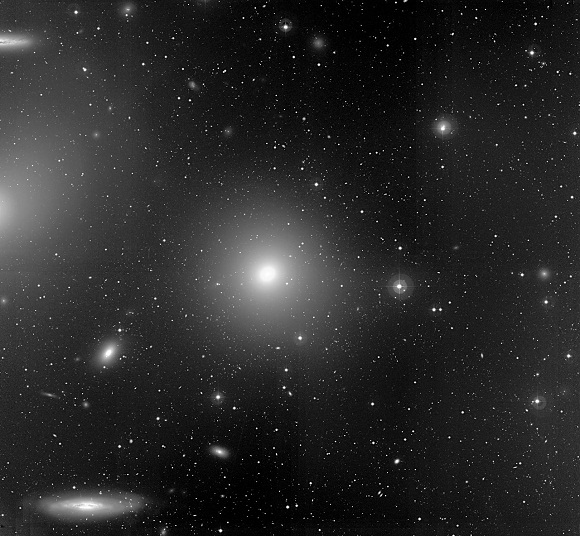How Iron Keeps Us Safe
Have you ever been worried about the impact of an asteroid wiping out human life? Well, I have some disturbing news for you: there is another possibility involving the explosion of a massive star that gives rise to a gamma-ray burst (called by astronomers simply a GRB), when the star ends its life producing a black hole.





